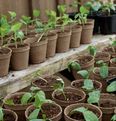 Haven Homestead is what some folks like to call a "hobby farm." It may be a hobby farm on steroids, or we may call it something like a "lifestyle farm" or homestead, or something more appropriate, but whatever we call it, it wouldn't be a sustainable if we didn't have some way to pay for it. Hence, we have embarked on the Great Luffa Experiment.
3 Comments
It's not the camper trials one. That one is still in the works. BUT this one is just as awesome. It's called,
"How to DIY Anything: The Ultimate Maker Mindset" and I've been told that it's something to be proud of. What do you think of when you hear the terms "Permaculture" and "Prepping?" Do you think, "What?" or "Crazy!" or something else entirely? Are Permaculture and Prepping at odd's with each other? Can they work together to make the world a better place? That's what I wanted to know when I decided to interview some of my idols. When I started this journey, I had no idea how awesome it would be. Growing up, I knew how important it was to be prepared for things. My dad always told me to "keep my head on a swivel" which meant pay attention and to be ready for anything.
To be honest I'm a little bit of a space cadet so I especially needed that guidance. Anyways, I really took that to heart. As an adult I became interested in permaculture because I have a deep regard for my Heavenly Father and all of his creations. In the words of Matt Powers, "Permaculture is the language of nature." I want to learn this language so badly! Being prepared and living sustainably, are both so important to me, but for awhile I didn't know how permaculture and prepping could work together. Both can be all consuming, and can require a lot of effort, at least in the beginning. I couldn't see how they worked together. Until one day I realized that you need to be prepared in order to do permaculture things, and like Paul Wheaton said, "Every act of permaculture leaves you better prepared." I'm still working on defining this relationship in my life. Now, thanks to these wonderful interviews, I am a lot more clear on how permaculture and prepping can live together in one life. I hope these help you do the same! For this interview series, I spoke with (really communicated, some of the interviews were via email) 5 experts; Ernie and Erica Wisner, Paul Wheaton, Geoff Lawton, and Matt Powers. I took what they wrote (or said), lightly edited for grammar and clarity, pulled out a few of my favorite quotes, and left it in an interview format. And here they are, in all of their wonderfulness. I hope you enjoy them, and I hope that you learn something important. (p.s. click on the images above to be taken to that books link in our store!) (This here is a post from our old blog. I hope you enjoy it as much now, as when it was first posted 8/2014!) I have always wondered how it is that some people have "green" thumbs and others don't. I use to have the blackest thumb ever, and it's unfortunate because I believe that Geoff Lawton had it right when he said, "You can solve all the worlds problems in a garden."
My favorite color is green. I love the book "The Secret Garden" so much that I read it 12 times in one year! I want to study herbal medicine. I think that plants are amazing, BUT... I kill them. Completely unintentionally. Nonetheless, I am guilty of plant murder by neglect on several counts. It's Chris that is the grower. Of all of the plants that he has revived, I am ashamed to admit that close to half of them were my fault. (The other half he bought from nurseries at extreme discounts at the end of the season and they were half dead when they were purchased.) The garden thrives with him around. As soon as he walks into the garden, the plants start humming with excitement. I love working with him in the garden, because I can feel a little of the humming crossing over. When he's there with me, I feel like I'm doing alright. So we were in the garden together the other day, and it hit me. I now know how to get a green thumb! How do you get a green thumb? You spend time in the garden! ... and prune the tomatoes! Tomatoes are full of green juice that turns your hands green after the chlorophyll has oxidized a bit! All joking aside, spending time in the garden, whether you are pruning tomato plants or thinning carrots, or any number of other plant nurturing activities, will help you to develop your green thumb. After learning all you can from books and blogs and neighbors, you just need to get out there and do it. When you spend time in the garden, you gain the necessary experience that allows you to "read" the plants and tell what they need. If you have questions, it really helps to have mentors, friends and a few really good blogs give you some support. But the best way to green your thumb is to practice. Practice and don't worry about messing up. Just keep practicing! Just keep gardening! Share a comment below on the green- or blackness of your thumbs! Have you reached Bread Equilibrium? Equilibrium is when opposing forces find balance, or when something is in a physical state of balance. When I talk about bread equilibrium, I am referring to finding a balance between the deliciousness, healthiness, and feasibility of making homemade bread while also being a busy mom/wife/artist/professional/writer/photographer/etc. For example, have you ever tried making croissants? They literally take days to make from scratch, but they are SOOOO delicious. I don't make them. They take too long to make myself. I find equilibrium here by buying them on occasion. I have been trying to find that perfect balance of recipe, timing and know-how in all sorts of home-made bread making experiences. I feel like I have reached Tortilla Equilibrium (I'll post the recipes below!), I am almost to Dinner Roll Equilibrium, but Sandwich Loaf Equilibrium seems to elude me! Share your experiences with Bread Equilibrium (or the lack thereof!) below. And don’t forget to check out my post on Grit.com, “Reaching Tortilla Equilibrium: A Follow Up Post.” Oh! and here are those recipes! I hope you enjoy!
Every one likes to see that beautiful dark earth when they till up their garden in the spring, but then they spend the rest of their summer pulling weeds, watering and fertilizing the bare earth around their plants. Then when autumn comes, people fill up their garbage bins with all of the fallen leaves, and leftover stems and dead plants.
Well, I'm here to tell you there is a better way. Mulch. Mulch makes everything better. I've got a few suggestions for anyone who is wanting to build their own home, but especially for housewives and stay-at-home-moms like myself. These tips apply to other areas of life too, so don't be afraid to read on.
|
Lindsay Hodge
Lindsay Hodge is our resident Writer here at Haven Homestead. She keeps this blog, a GRIT blog, and writes other fun things too. Categories
All
Archives
May 2018
|

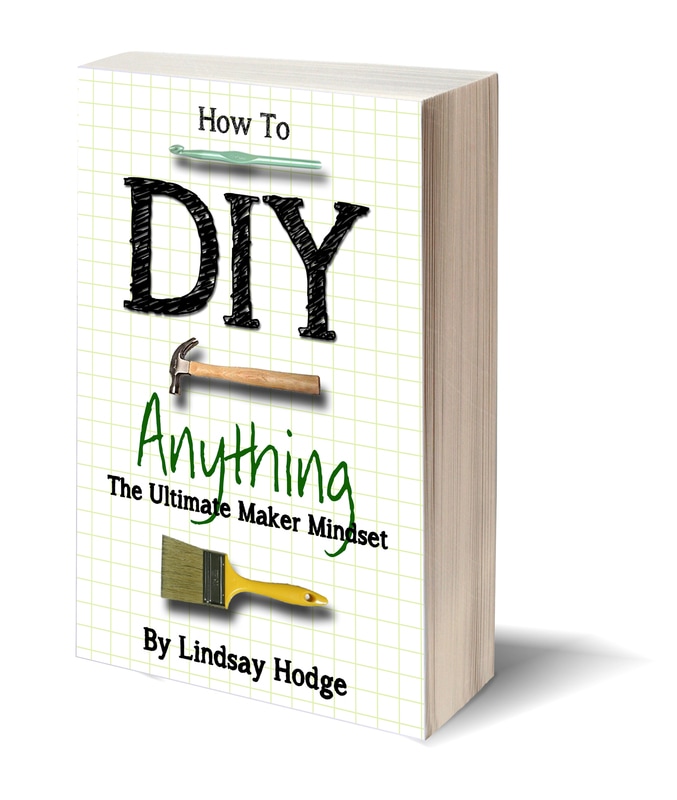
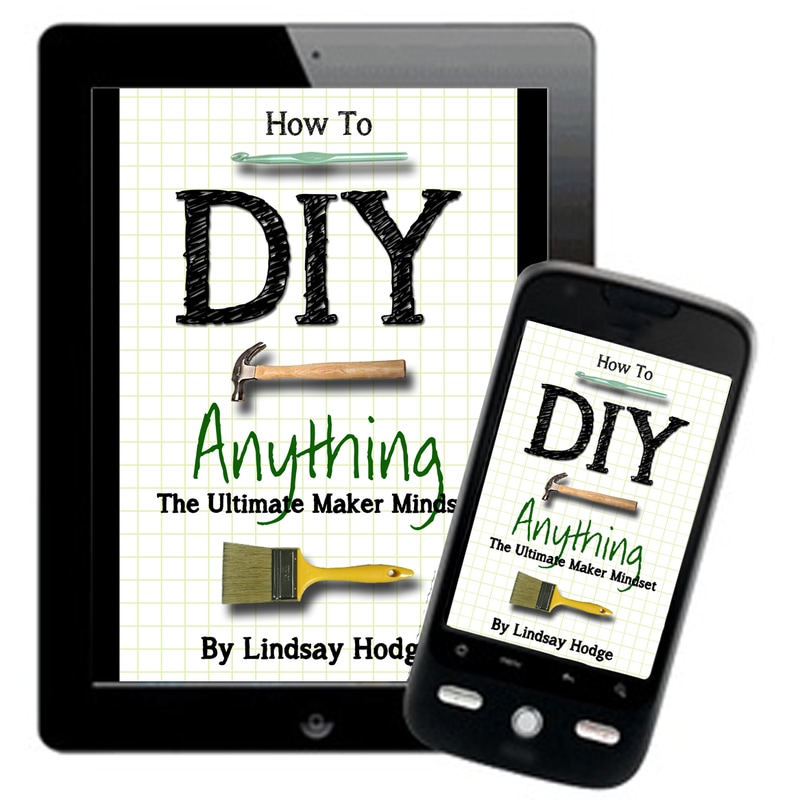
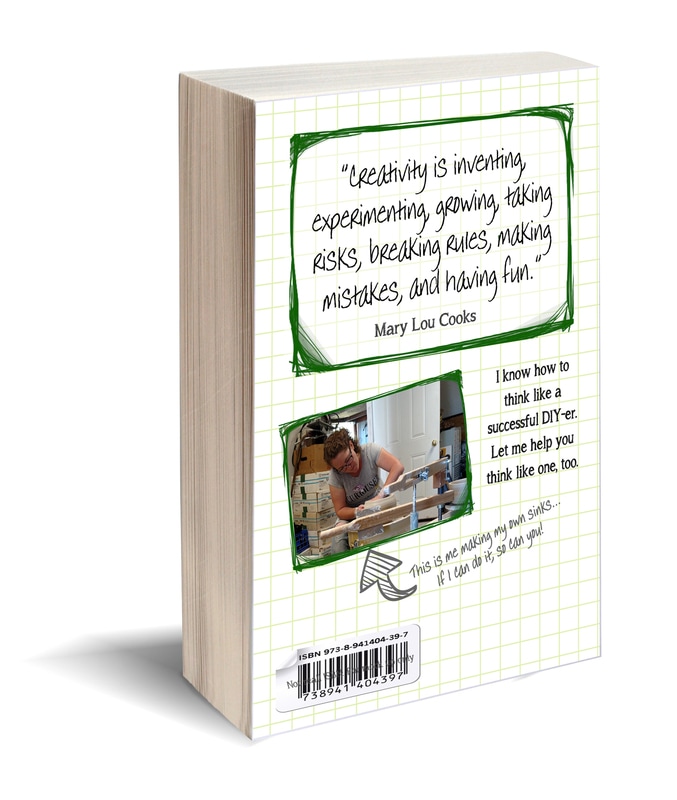
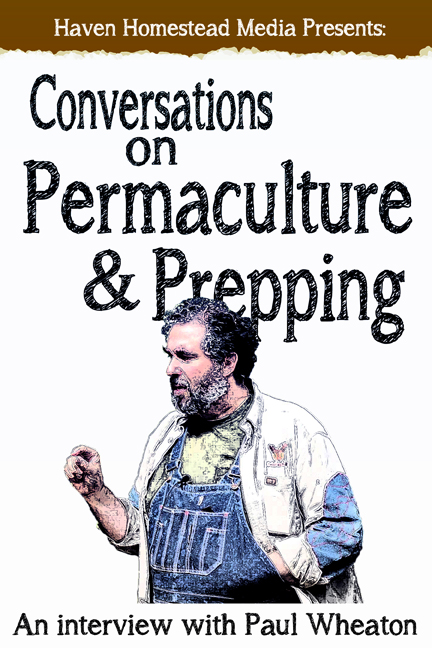
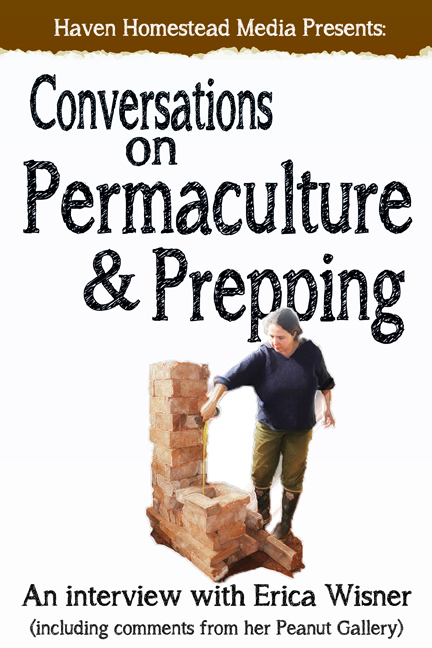
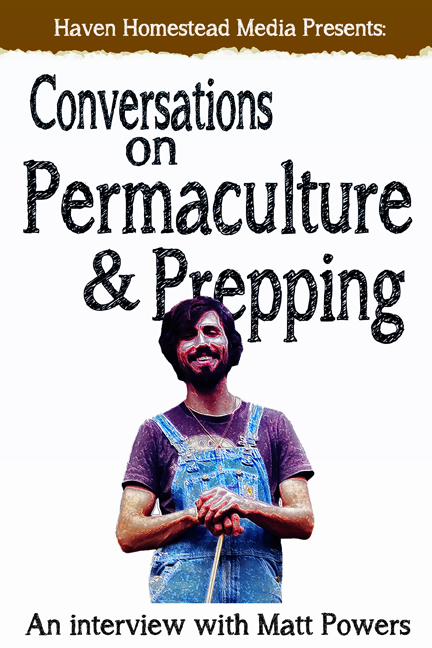
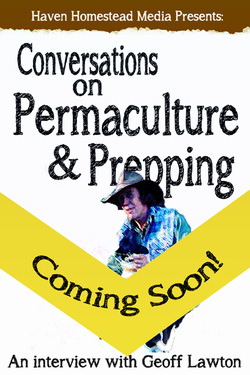
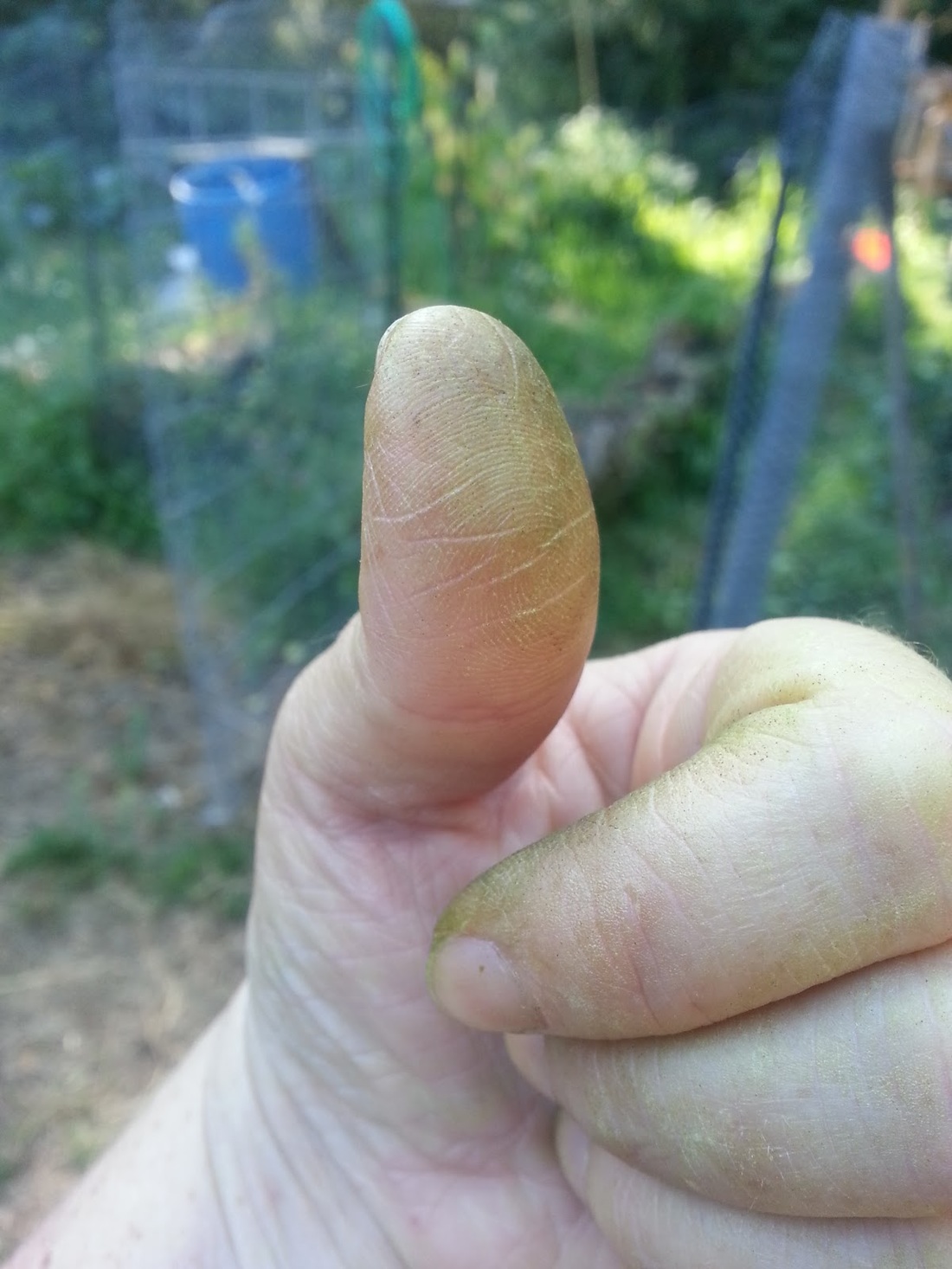
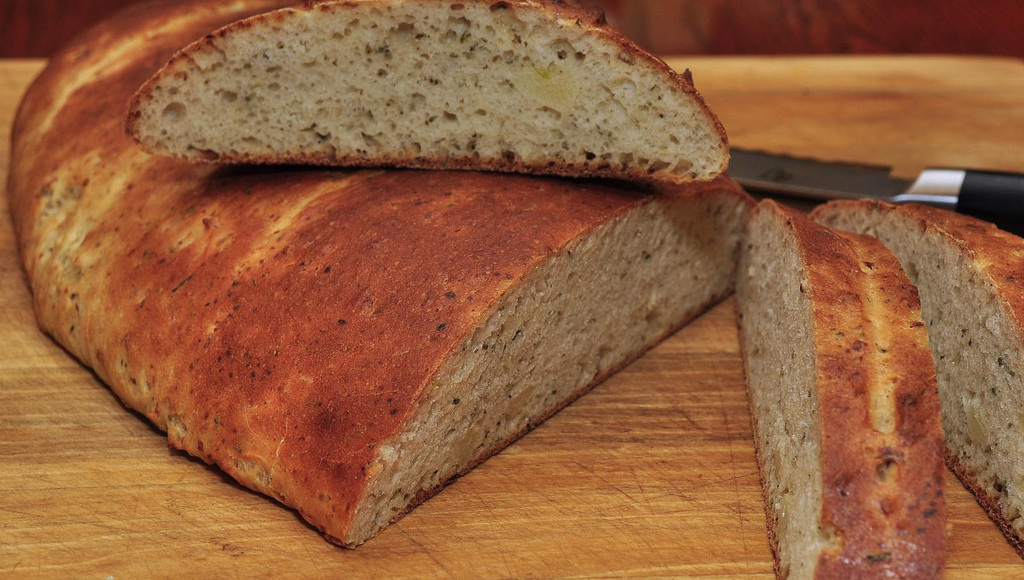
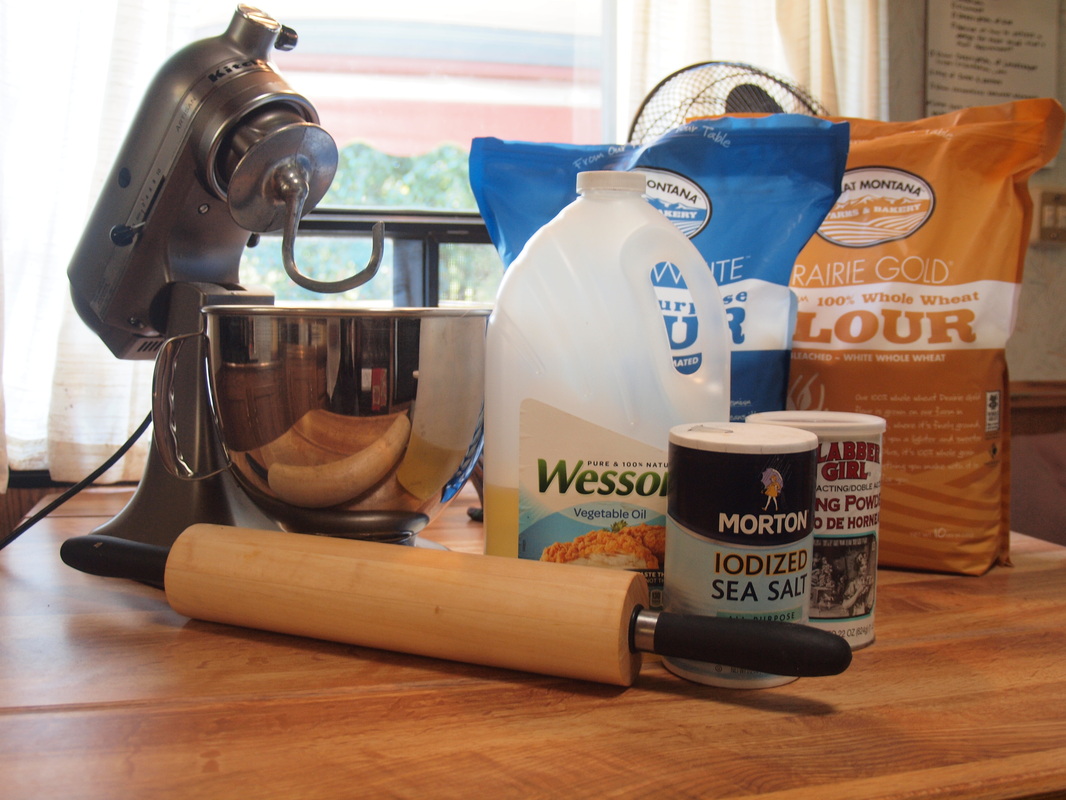
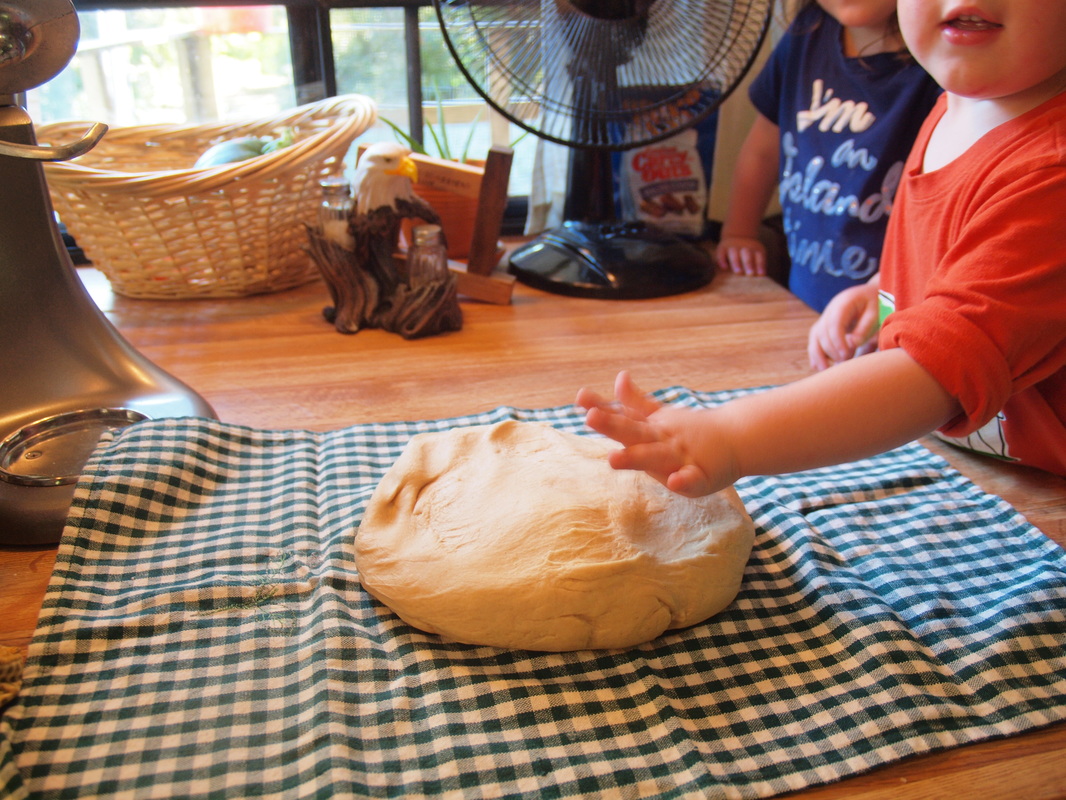
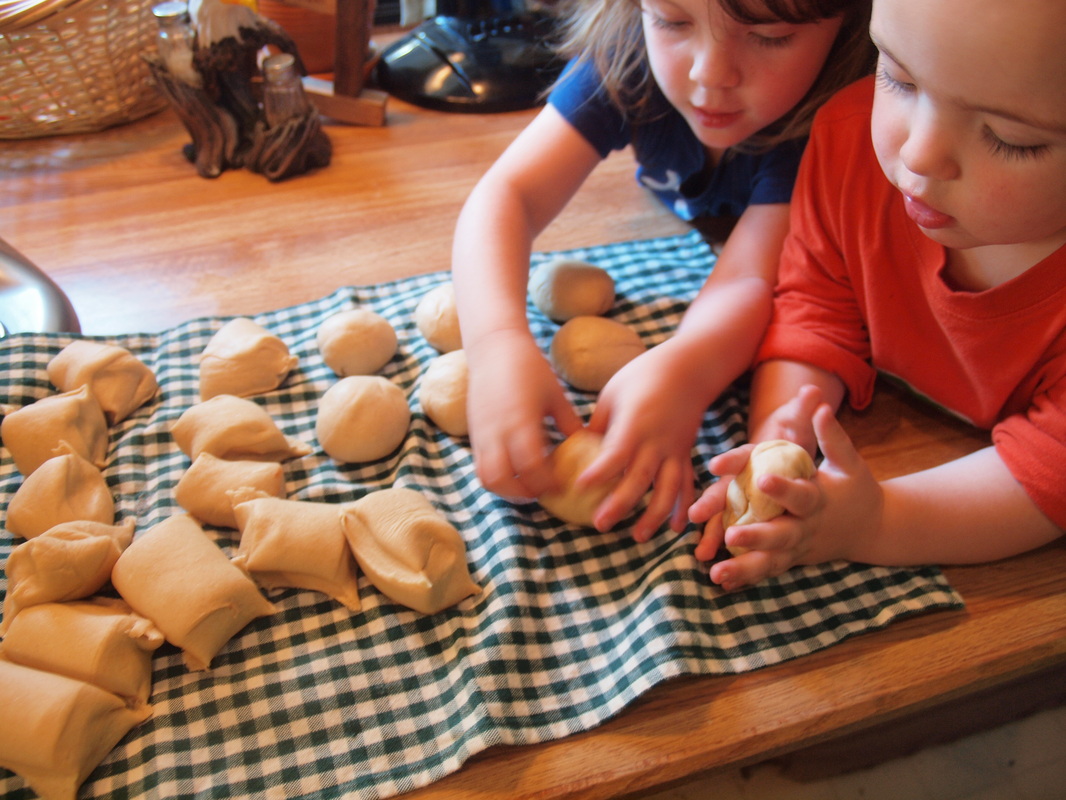
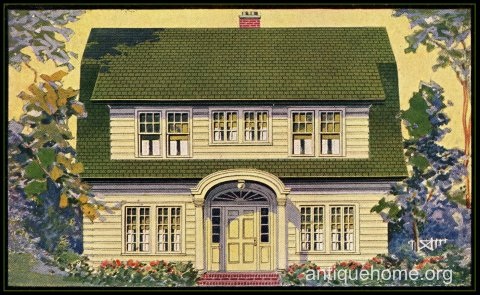
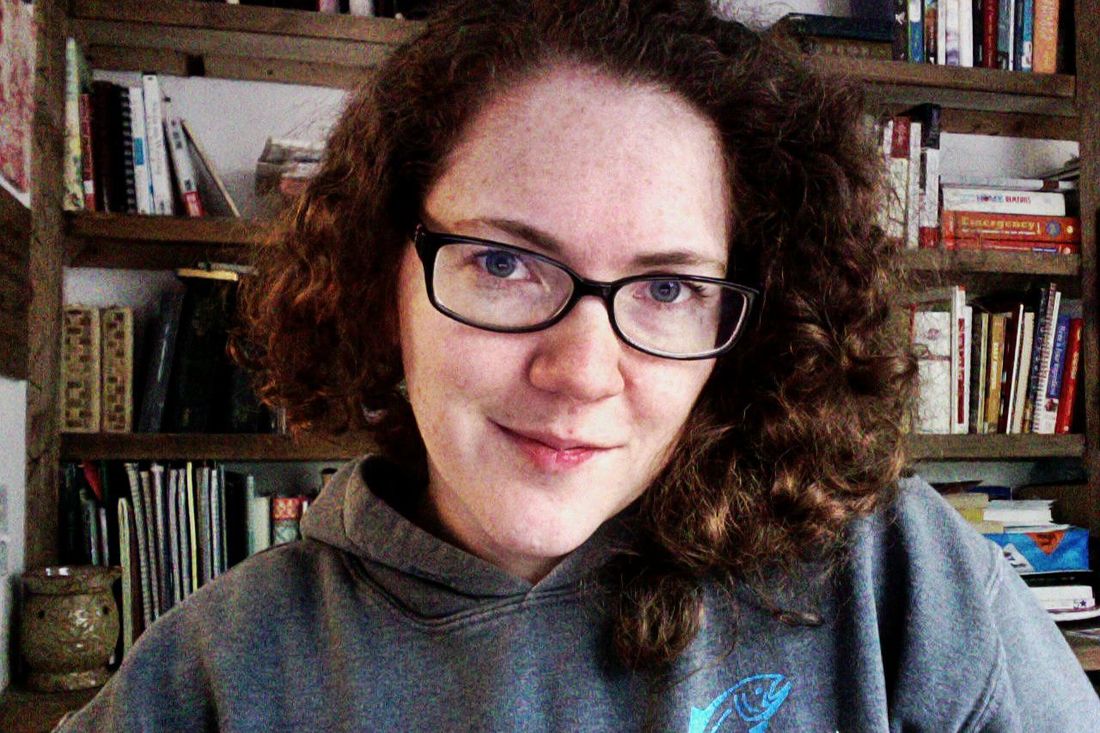
 RSS Feed
RSS Feed
